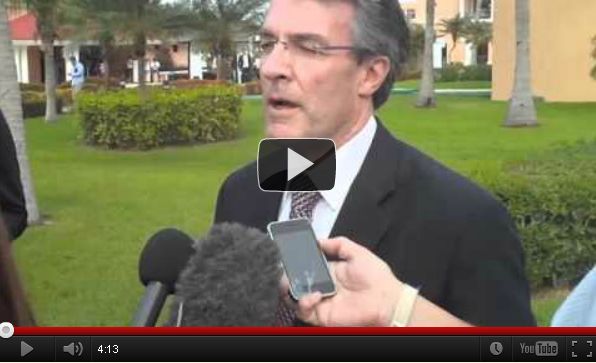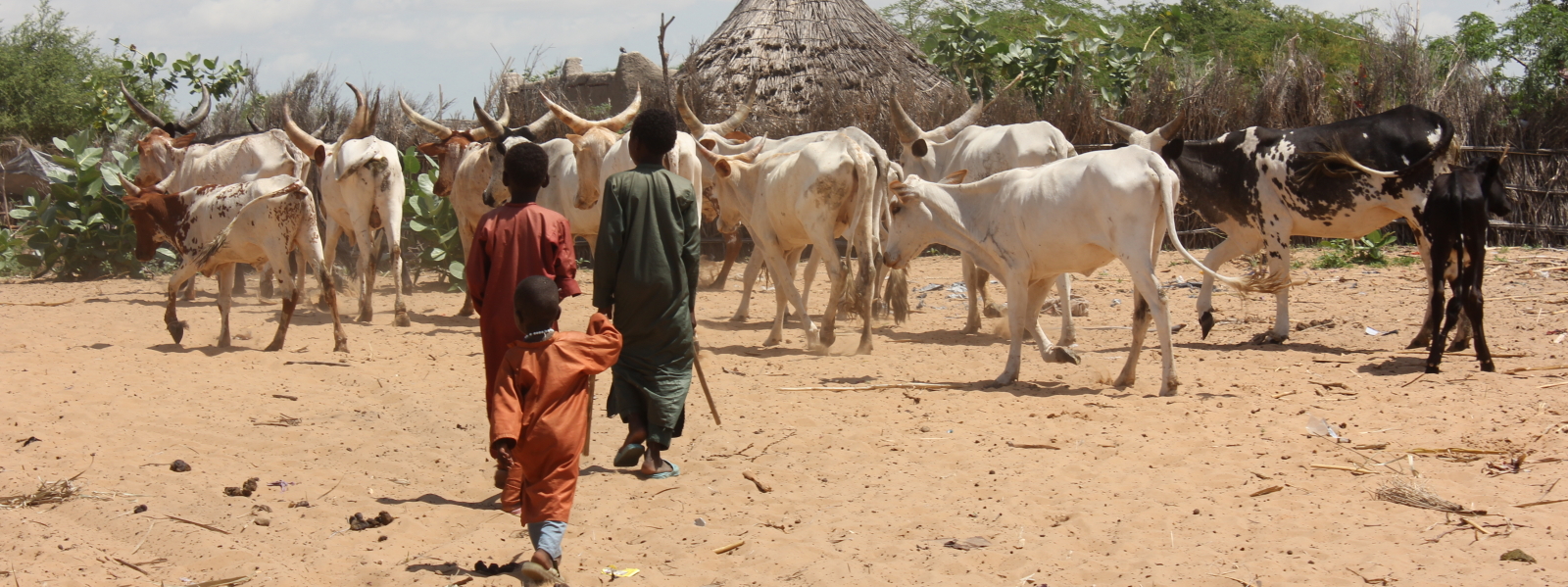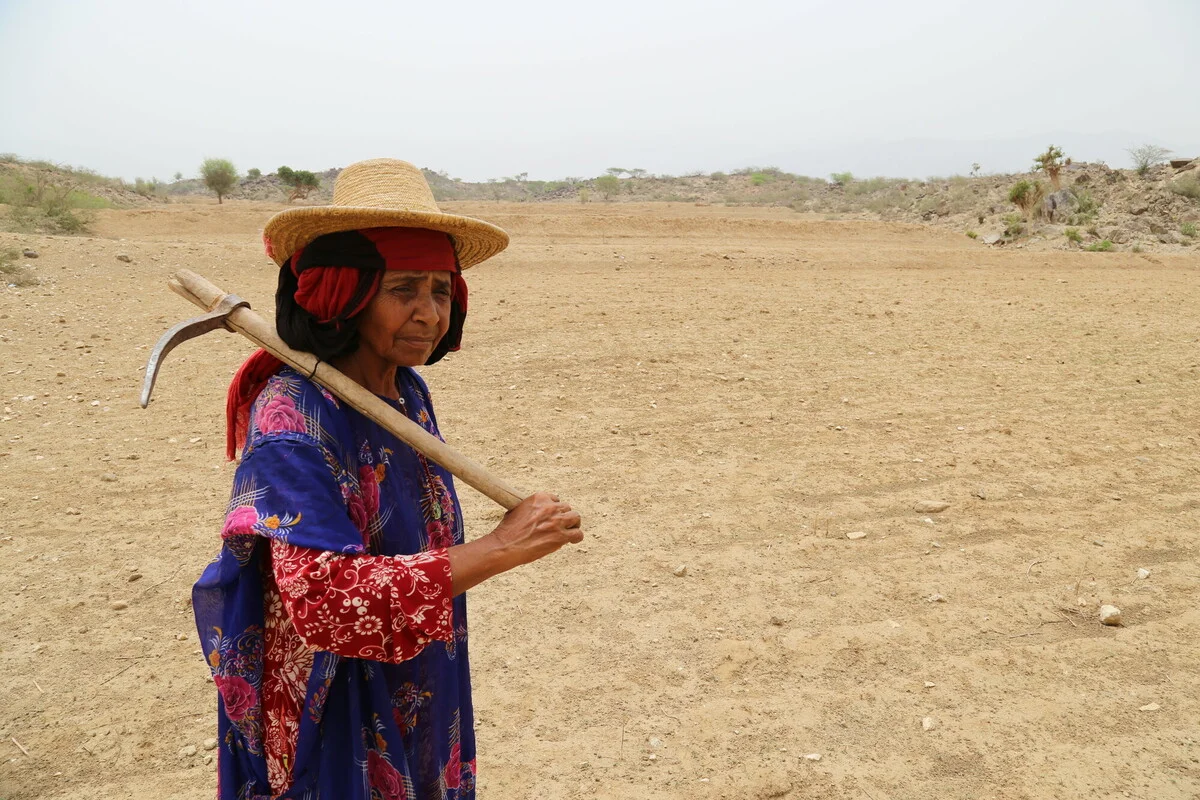We are fast approaching the final day of negotiations at the Cancun climate talks. New meetings are being called around the clock as Heads of State and Ministers attempt to secure a strong outcome from Cancun. In the past few hours a range of press conferences and non-government organisation briefings have been cancelled. We are yet to know exactly what is going on behind the scenes, but the indications are that there is some serious political bargaining occurring.
Today, Australia’s Minister for Climate Change, Greg Combet, addressed the high-level meeting in Cancun outlining Australia’s position. He said that he recognised climate change is happening and impacts people. The Minister also stated that progress in Cancun is important and that flexibility is needed:
“It is imperative for the credibility of this process that we are able to make progress here at this Conference….Australia will continue to make every effort to support a successful outcome, and encourages all parties to be flexible so as to achieve our common goals.”
But how is Australia being flexible? Where is Australia compromising and changing its position to contribute to a strong outcome?
Today, I had the opportunity to attend a brief press conference with Mark Dreyfus, the Australian Parliamentary Secretary for Climate Change and Energy Efficiency, one of Australia’s senior politicians in Cancun. After he outlined some of Australia’s fast-start climate financing commitments I had an opportunity to ask him how Australia is being flexible in Cancun.
Unfortunately the detail was a little thin on the ground. Mr Dreyfus first identified that the Executive Secretary of this process (the UNFCCC) has called for everyone to be flexible and followed up by stating that Australia will be cooperative. Cooperation is great, however, for this process to be successful countries, including Australia, will need to go further.
Over the next 24 hours I and many others will be closely watching to see how Australia is being flexible. Are we being sufficiently constructive? Are we being a leader and contributing the strong outcome that the world needs? Time will tell.
For regular, bite sized updates, follow me on Twitter



